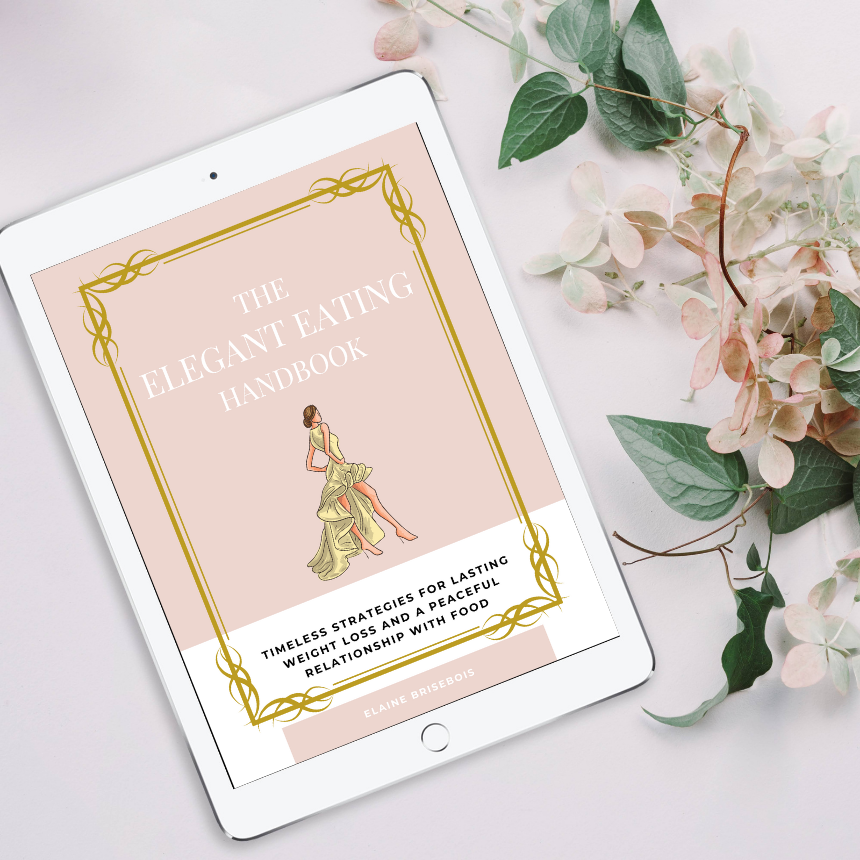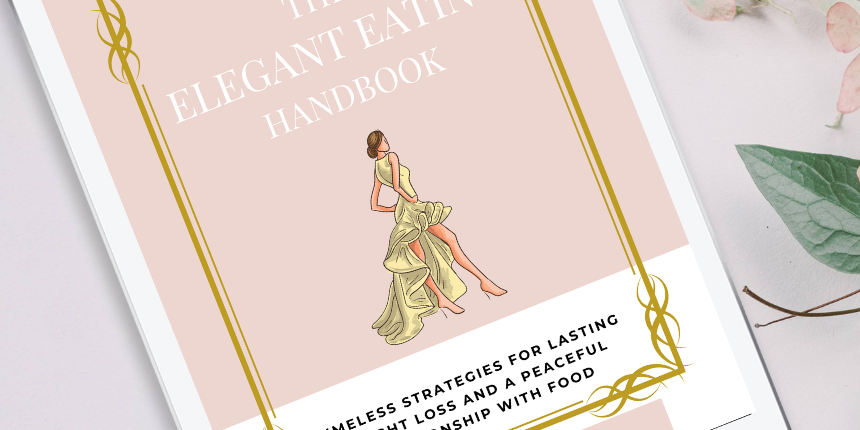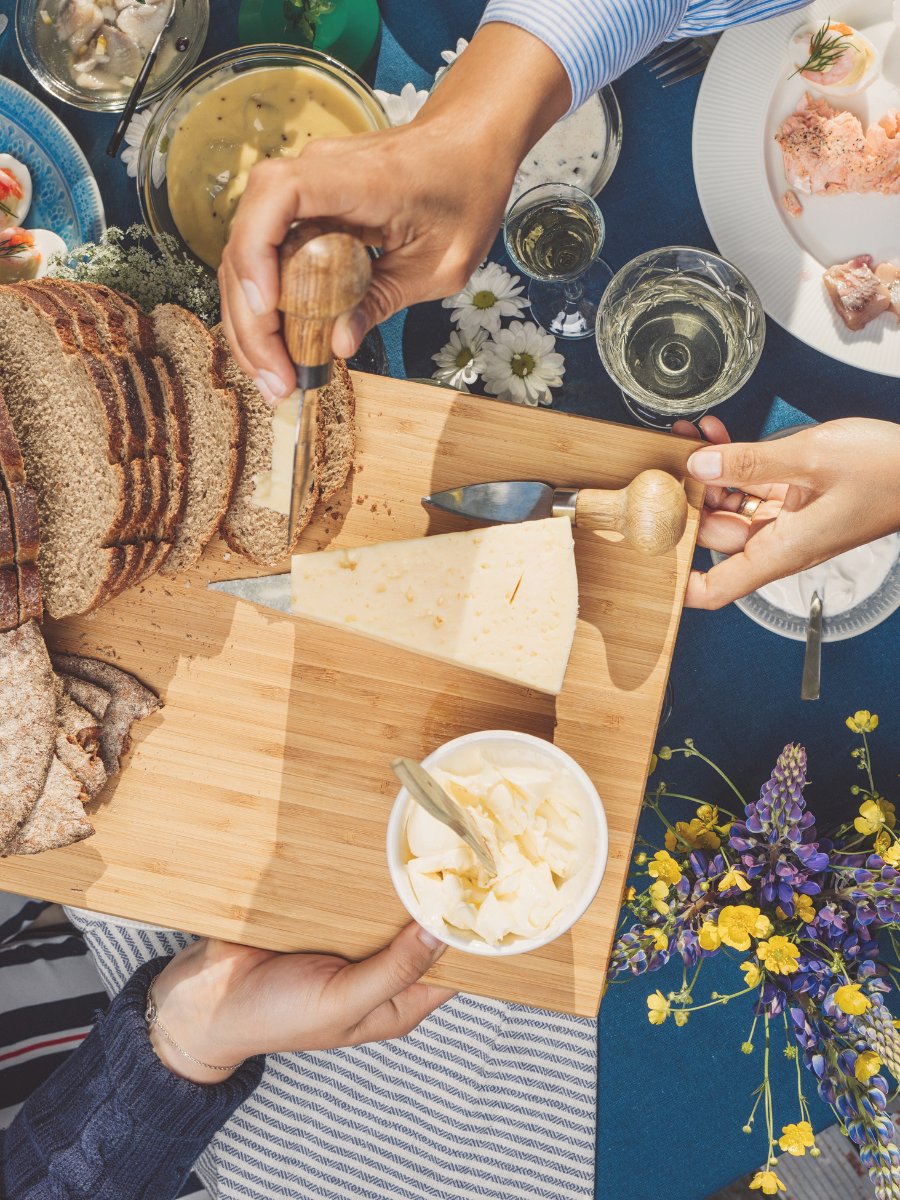For those of you have been checking my blog regularly, I apologize for the huge delay in posting. I took a little vay-cay from writing to focus on other priorities but I’m back now and hope to post more frequently.
Here’s the next tip!
Tip # 4 – Go organic when you can
When you choose to eat organically, you can rest assured that there are no pesticides, hormones or antibiotic residues in your food. Remember, all of these substances need to be detoxified through your liver. Although it’s pretty much impossible to avoid all environmental chemicals, you can certainly limit your exposure through the foods that you choose to eat.
Choosing organic when you can is one of the best ways to limit your exposure to unwanted toxins in the body. Let’s face it though. It’s probably not realistic for most people to eat 100% organic all of the time. Organic foods are not always as easily accessible as their conventional counterpart, and often times they are more expensive.
This is where prioritizing is key.
When deciding what you should purchase organic, one simple tip is to choose the foods that you eat most frequently. For instance do you drink a lot of milk? If you follow “Canada’s Food Guide to Healthy Eating” (although I hope not!) then you certainly probably do. Or maybe you eat eggs every day for breakfast? If this is the case, then these are the foods that you should definitely be buying organic.
A common misconception when it comes to produce is that fruits and vegetables are the worst contenders when it comes to toxic load. Now don’t get me wrong, a lot of them are highly sprayed with pesticides (more to come on this below), however, you will get more exposure to toxins through consumption of animal products. This is because animals accumulate more toxins than plants do, and in higher concentrations. Toxins are stored in the tissues of animals. By choosing certified organic meat, dairy and eggs you can ensure that the animals have been fed an organic diet (although grass-fed is much better) and haven’t been medicated. With that said, in many cases organic animal products can be a lot more expensive (especially meat) than conventional, so alternatively you might decide to reduce your intake of animal products to minimize exposure and save some money.
When it comes to fruit and vegetables, the Environmental Working Group (EWG) developed a list based on an analysis of 87,000 tests for pesticides on 47 different foods. These tests were conducted from 2000 to 2007 by the U.S. Department of Agriculture and the Food and Drug Administration
Here is the list of the top sprayed fruits/veggies. Try and buy these organic if you can.
The Dirty Dozen
1. Peach
2. Apple
3. Sweet Bell Pepper
4. Celery
5. Nectarine
6. Strawberries
7. Cherries
8. Kale
9. Lettuce
10. Grapes – Imported
11. Carrot
12. Pear
If you are on a budget and strapped for cash, you can get off with buying produce from the below list conventionally (non-organic). Remember though, foods in this list are not 100% pesticide-free; in order to ensure that you would have to buy certified organic, however, these foods had a lower amount of pesticides when tested.
The Clean 15
1. Onion
2. Avocado
3. Sweet Corn (frozen)
4. Pineapple
5. Mango
6. Asparagus
7. Sweet Peas – Frozen
8. Kiwi
9. Cabbage
10. Eggplant
11. Papaya
12.Watermelon
13. Broccoli
14. Tomato
15. Sweet Potato
Check out http://www.ewg.org for the full list of 47 veggies/fruits tested.
Keep in mind, if you can’t afford to buy something organic you can always remove the peel since much of the pesticide residue is contained in the skin.
On a final note, I would just like to say that when considering the additional expense of organic foods, remember that health is your wealth. Most people would think nothing of spending $7 or $8 even $10 on a drink at the bar. Why not $5 on a carton of organic eggs that might last you for 1-2 weeks? When you look at it from this perspective you see that organic really isn’t that expensive relative to other items you might think nothing of dropping cash on. At the end of the day though it really comes down to priority.
There you have it. Go organic when you can!
Check back for the final tip!

Hi! I’m Elaine, a Certified Nutritionist and Master Certified Health Coach. I support women in achieving their health and body goals while prioritizing a peaceful and balanced relationship with food.

Get a free copy of my handbook!
The Elegant Eating Handbook: Timeless Strategies for Lasting Weight Loss and a Peaceful Relationship with Food.
share with friends
keep reading...






Very useful!!! Thanks! I appreciate your information! If you can’t get “the dirty dozen” organic, I’d say you’re better off skipping them altogether.